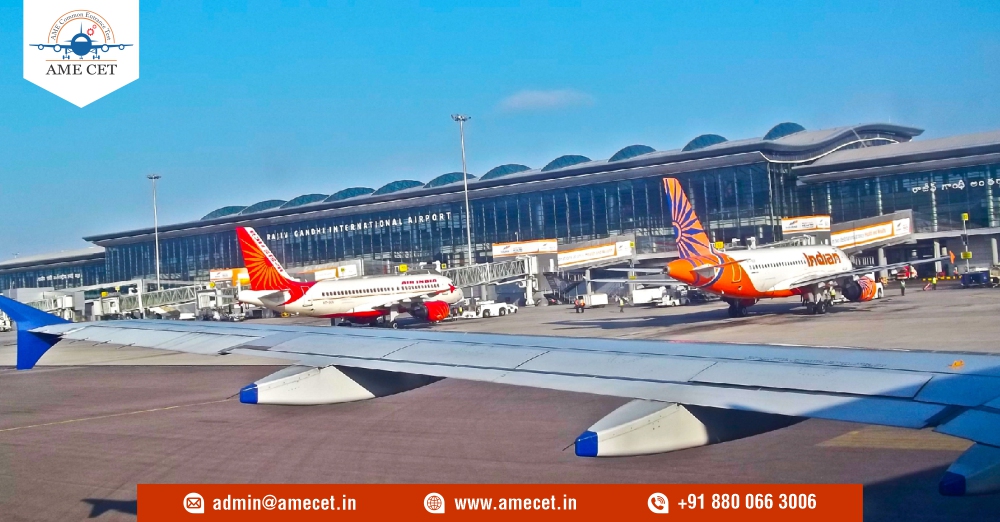
In an interaction with The Indian Express, Malhotra talks about the thought and strategy driving indigo’s international expansion, the Indian civil aviation landscape, and the growth potential it offers to carriers.
As India dreams of turning its airports into global aviation hubs facilitating international-to-international connections, the country’s largest airline IndiGo is in the midst of a rapid expansion of its international network with a flurry of new launches. Vinay Malhotra, Head of Global Sales at IndiGo, believes that the transformation of India into an international hub is already underway and is set to pave the way for significant growth in the coming years. In an interaction with Sukalp Sharma, Malhotra talks about the thought and strategy driving IndiGo’s international expansion, the Indian civil aviation landscape, and the growth potential it offers to carriers.
IndiGo is already the dominant airline in India and we have seen a spurt in new flights being launched to international destinations.
Career opportunities :
-
Air Traffic Controllers: With increased air traffic, the demand for skilled air traffic controllers to manage and guide planes during takeoff, landing, and en-route will likely rise.
-
pilots: As more airlines establish routes to and from Indian airports, there could be a growing need for pilots across various aircraft types.
-
Ground Staff and Airport Operations: With more passengers and flights, there will be a demand for ground staff to handle check-in, baggage handling, security, and other operations at airports.
-
Customs and Immigration Officials: As international passenger traffic increases, there could be more opportunities for customs and immigration officials to facilitate smooth and efficient entry and exit processes.
-
Security Personnel: The heightened international presence might lead to an increased demand for trained security personnel to ensure the safety of passengers, baggage, and facilities.
-
aircraft maintenance engineers: As more aircraft operate from Indian airports, there could be an increased need for aircraft maintenance engineers to ensure the safety and airworthiness of the planes.
-
Airlines and Airport Management: Airlines and airports would require skilled professionals to manage their operations, marketing, finance, human resources, and customer service departments.
-
Retail and Hospitality: Global hubs often have a wide range of shops, restaurants, and other services. This could lead to more job opportunities in retail, hospitality, and customer service within airport premises.
-
Cargo and Logistics: As global trade expands, there could be an increased demand for professionals in cargo handling, logistics, and supply chain management.
-
Aviation Training and Education: The growing aviation industry could create a need for aviation trainers, instructors, and educators to train the next generation of aviation professionals.
-
Airline Sales and Marketing: With more international routes and passengers, airlines may require professionals to handle sales, marketing, and route development.
-
Data Analysts and Technology Experts: As airports become more sophisticated and data-driven, there could be a demand for experts in data analysis, artificial intelligence, and technology to optimize operations and enhance passenger experience.
-
Environmental and Sustainability Specialists: With increased air travel, the importance of environmental and sustainability efforts also grows. Experts in this field could find opportunities to ensure that growth is balanced with environmental responsibility.
Category
-
Aircraft Maintenance Engineering (DGCA) (62)
-
(268)
-
Cabin Crew (1)
-
Aerospace Engineering (3)
-
Aeronautical Engineering (2)
-
Airport Management (5)
-
Aircraft Maintenance Engineering (EASA) (6)
-
Airport Ground Staff (1)
-
Commercial Pilot License(CPL) (51)
-
Aircraft Maintenance Engineering (BTech/BE) (1)
-
B.Sc. in Aviation (1)
-
AME CET (5)
